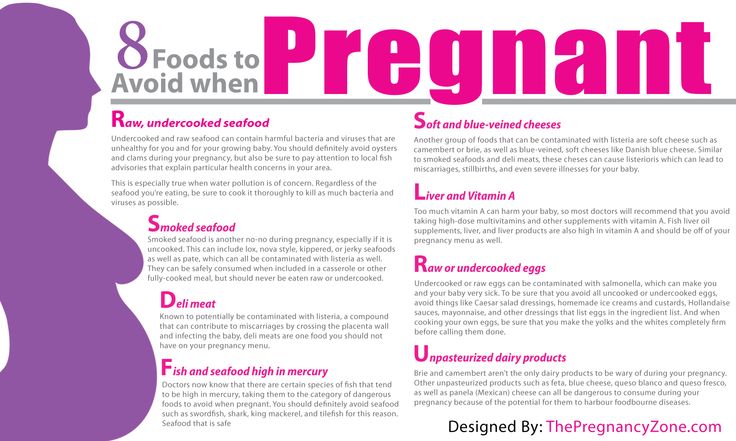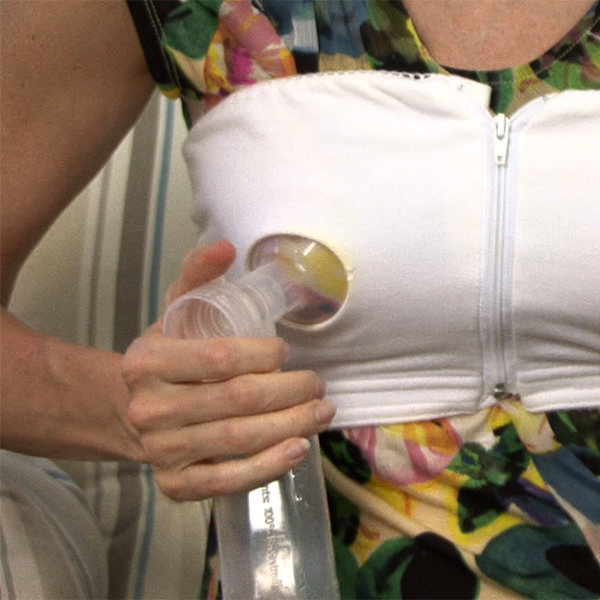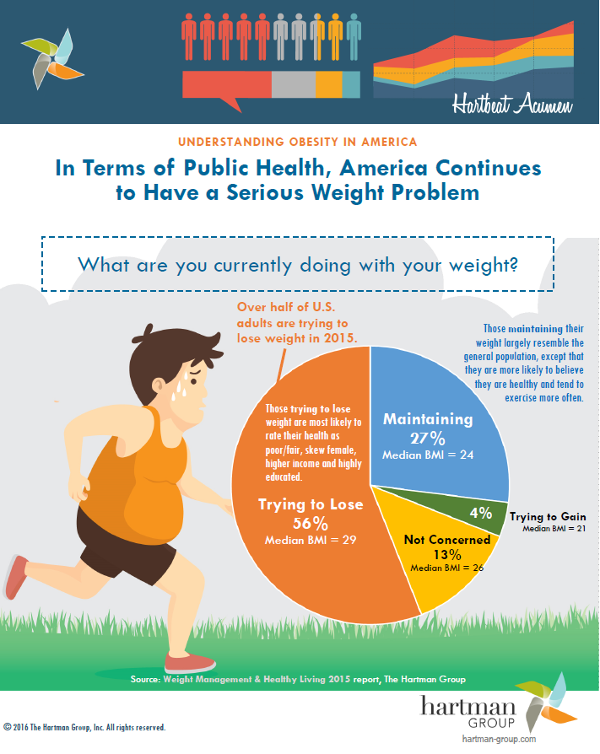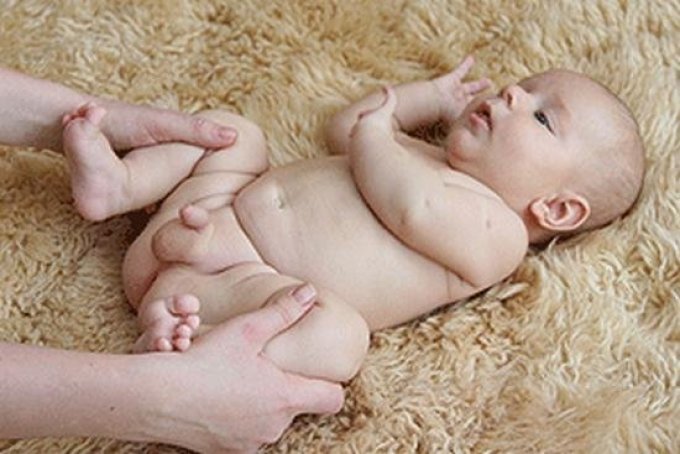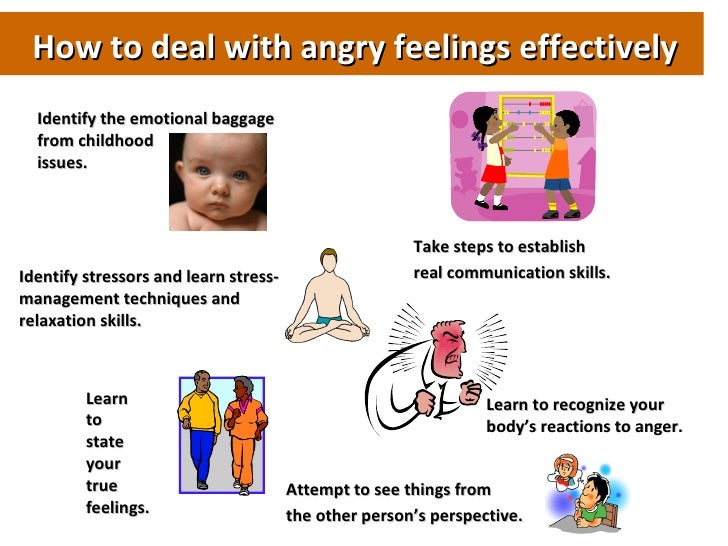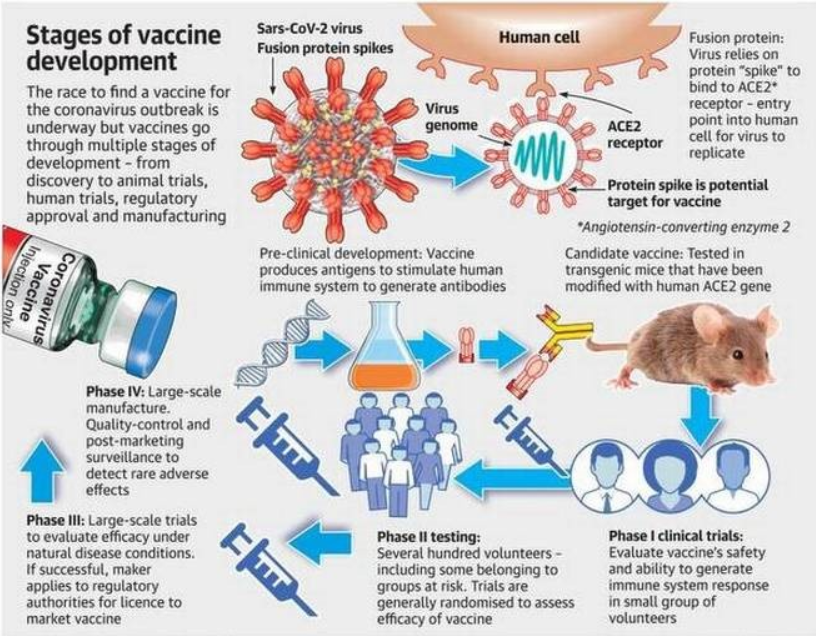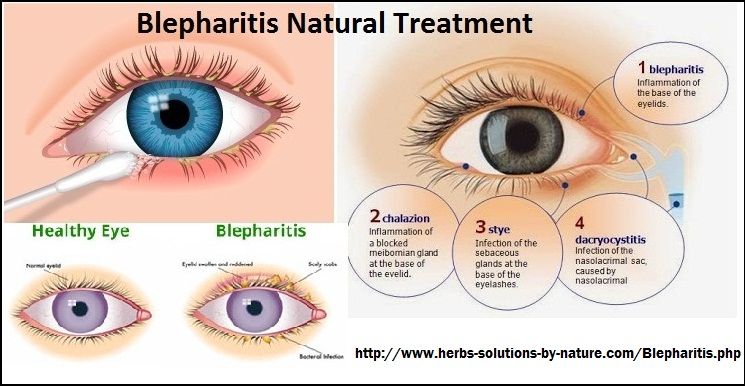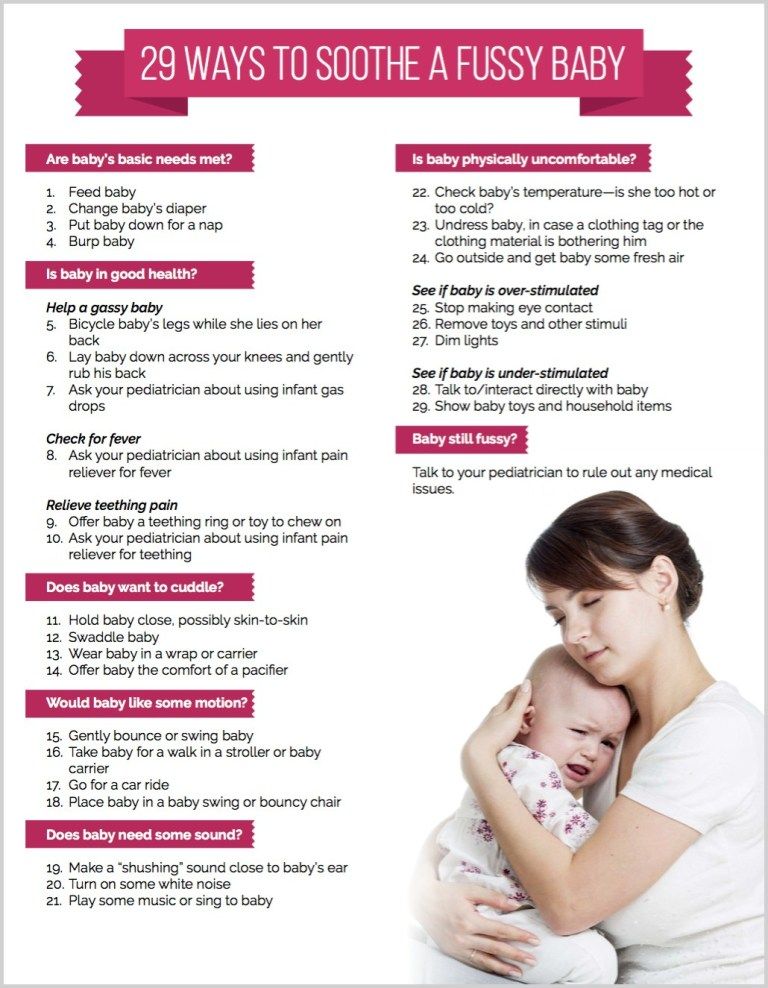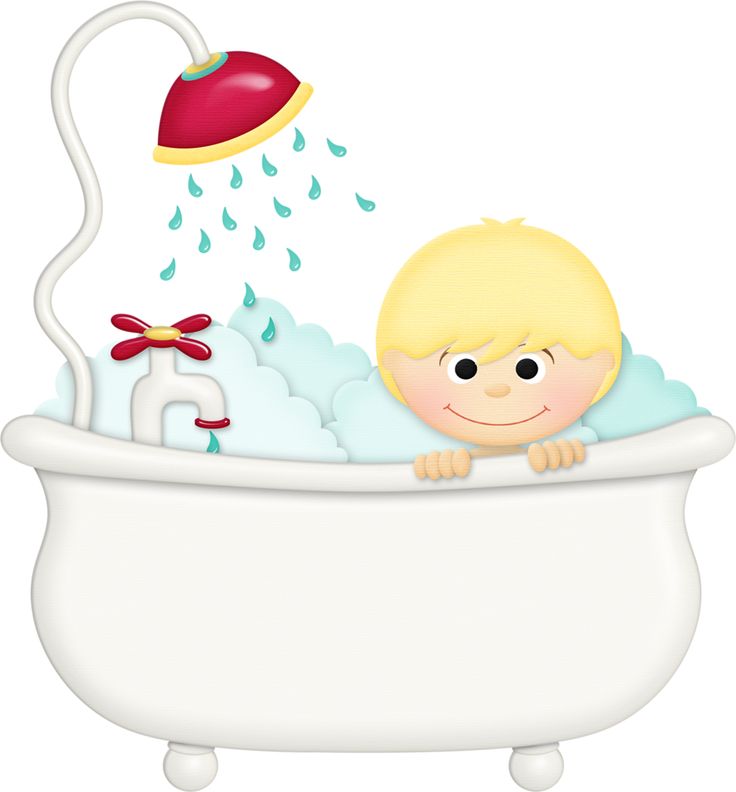Know when your pregnant
Pregnancy Week By Week | First Month Symptoms and Signs
In This Section
- Month by Month
- What happens in the second month?
- What happens in the third month?
- What happens in the fourth month?
- What happens in the fifth month?
- What happens in the sixth month?
- What happens in the seventh month?
- What happens in the eighth month?
- What happens in the ninth month?
- What happens in the tenth month?
What happens in the first month of pregnancy?
Pregnancy is divided into 3 trimesters. Each trimester is a little longer than 13 weeks. The first month marks the beginning of the first trimester.
What’s gestational age?
Pregnancy timing is measured using “gestational age.” Gestational age starts on the first day of your last menstrual period (LMP).
Gestational age can be confusing. Most people think of pregnancy as lasting 9 months. And it’s true that you’re pregnant for about 9 months. But because pregnancy is measured from the first day of your last menstrual period — about 3-4 weeks before you’re actually pregnant — a full-term pregnancy usually totals about 40 weeks from LMP — roughly 10 months.
Many people don’t remember exactly when they started their last menstrual period — that’s OK. The surest way to find out gestational age early in pregnancy is with an ultrasound.
What happens during week 1 - 2?
These are the first 2 weeks of your menstrual cycle. You have your period. About 2 weeks later, the egg that’s most mature is released from your ovary — this is called ovulation.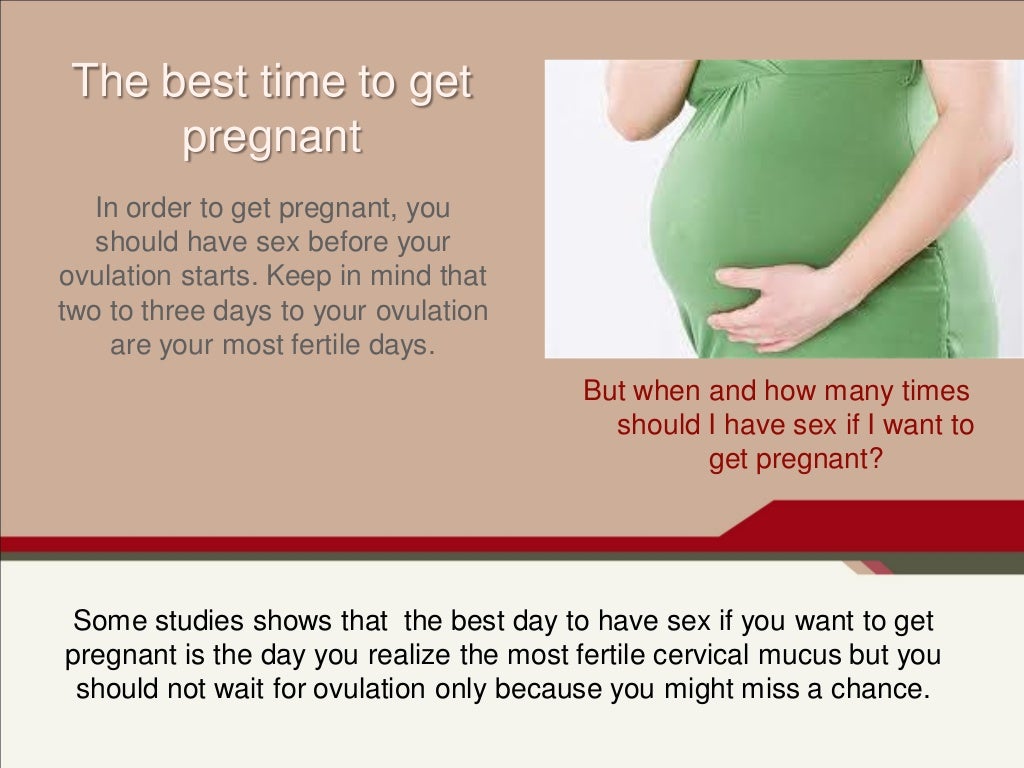 Ovulation may happen earlier or later, depending on the length of your menstrual cycle. The average menstrual cycle is 28 days.
Ovulation may happen earlier or later, depending on the length of your menstrual cycle. The average menstrual cycle is 28 days.
After it’s released, your egg travels down your fallopian tube toward your uterus. If the egg meets up with a sperm, they combine. This is called fertilization. Fertilization is most likely to occur when you have unprotected vaginal sex during the 6 days leading up to — and including the day of — ovulation.
What happens during week 3 - 4?
The fertilized egg moves down your fallopian tube and divides into more and more cells. It reaches your uterus about 3–4 days after fertilization. The dividing cells then form a ball that floats around in the uterus for about 2–3 days.
Pregnancy begins when the ball of cells attaches to the lining of your uterus. This is called implantation. It usually starts about 6 days after fertilization and takes about 3–4 days to be complete.
Pregnancy doesn’t always happen, even if an egg is fertilized by a sperm.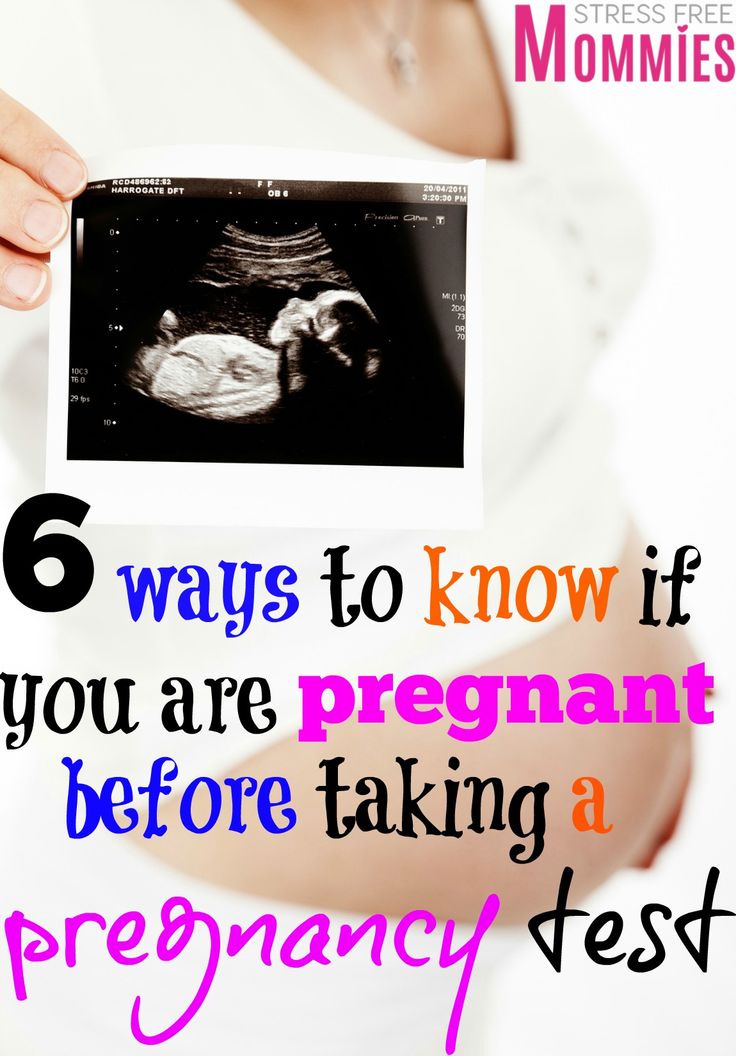 Up to half of all fertilized eggs pass out of your body when you get your period, before implantation is complete.
Up to half of all fertilized eggs pass out of your body when you get your period, before implantation is complete.
What are the signs of pregnancy?
For a lot of people, the first sign of pregnancy is a missed period. Most pregnancy tests will be positive by the time you’ve missed your period. Other early pregnancy symptoms include feeling tired, feeling bloated, peeing more than usual, mood swings, nausea, and tender or swollen breasts. Not everyone has all of these symptoms, but it’s common to have at least 1 of them.
Was this page helpful?- Yes
- No
Help us improve - how could this information be more helpful?
How did this information help you?
Please answer below.
Are you human? (Sorry, we have to ask!)
Please don't check this box if you are a human.
You’re the best! Thanks for your feedback.
Thanks for your feedback.
Back to top
We couldn't access your location, please search for a location.
Zip, City, or State
Please enter a valid 5-digit zip code or city or state.
Please fill out this field.
Service All Services Abortion Abortion Referrals Birth Control COVID-19 Vaccine HIV Services Men's Health Care Mental Health Morning-After Pill (Emergency Contraception) Pregnancy Testing & Services Primary Care STD Testing, Treatment & Vaccines Transgender Hormone Therapy Women's Health Care
Filter By All Telehealth In-person
Please enter your age and the first day of your last period for more accurate abortion options.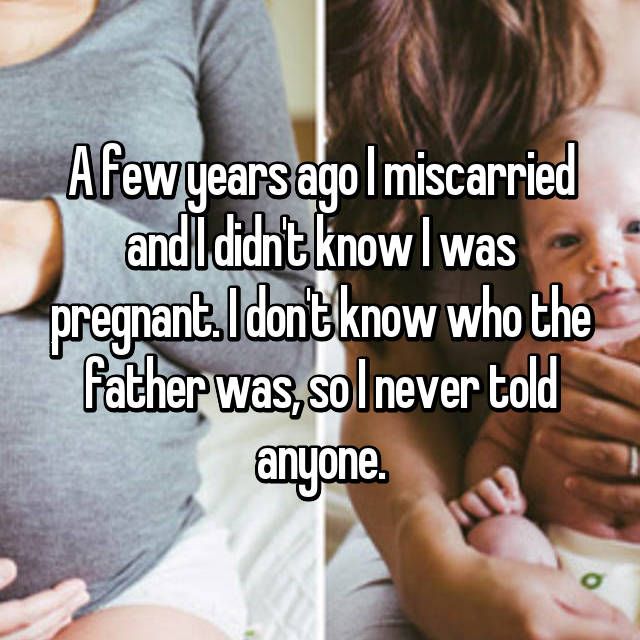 Your information is private and anonymous.
Your information is private and anonymous.
AGE This field is required.
Or call 1-800-230-7526
10 Early Signs That You Might Be Pregnant
Written by Joseph Saling
In this Article
- Do All Women Get Early Symptoms of Pregnancy?
- Spotting and Cramping
- Breast Changes
- Fatigue
- Nausea (Morning Sickness)
- Missed Period
- Other Early Symptoms of Pregnancy
Are you wondering if you might be pregnant? The only way to know for sure is by taking a pregnancy test.
But there are early symptoms of pregnancy that may point to the possibility. Here's what to look for.
Do All Women Get Early Symptoms of Pregnancy?
Every woman is different. So are their experiences of pregnancy. Not every woman has the same symptoms or even the same symptoms from one pregnancy to the next.
Also, because the early symptoms of pregnancy often mimic the symptoms you might experience right before and during menstruation, you may not realize you're pregnant.
What follows is a description of some of the most common early symptoms of pregnancy. You should know that these symptoms may be caused by other things besides being pregnant. So the fact that you notice some of these symptoms does not necessarily mean you are pregnant. The only way to tell for sure is with a pregnancy test.
Spotting and Cramping
After conception, the fertilized egg attaches itself to wall of the uterus. This can cause one of the earliest signs of pregnancy -- spotting and, sometimes, cramping.
That's called implantation bleeding. It occurs anywhere from six to 12 days after the egg is fertilized.
The cramps resemble menstrual cramps, so some women mistake them and the bleeding for the start of their period. The bleeding and cramps, however, are slight.
Besides bleeding, a woman may notice a white, milky discharge from their vagina. That's related to the thickening of the vagina's walls, which starts almost immediately after conception. The increased growth of cells lining the vagina causes the discharge.
The increased growth of cells lining the vagina causes the discharge.
This discharge, which can continue throughout pregnancy, is typically harmless and doesn't require treatment. But if there is a bad smell related to the discharge or a burning and itching sensation, tell your doctor so they can check on whether you have a yeast or bacterial infection.
Breast Changes
Breast changes are another very early sign of pregnancy. A woman's hormone levels rapidly change after conception. Because of the changes, their breasts may become swollen, sore, or tingly a week or two later. Or they may feel heavier or fuller or feel tender to the touch. The area around the nipples, called the areola, may also darken.
Other things could cause breast changes. But if the changes are an early symptom of pregnancy, keep in mind that it is going to take several weeks to get used to the new levels of hormones. But when it does, breast pain should ease up.
Fatigue
Feeling very tired is normal in pregnancy, starting early on.
A woman can start feeling unusually fatigued as soon as one week after conceiving.
Why? It's often related to a high level of a hormone called progesterone, although other things -- such as lower levels of blood sugar, lower blood pressure, and a boost in blood production -- can all contribute.
If fatigue is related to pregnancy, it's important to get plenty of rest. Eating foods that are rich in protein and iron can help offset it.
Nausea (Morning Sickness)
Morning sickness is a famous symptom of pregnancy. But not every pregnant woman gets it.
The exact cause of morning sickness is not known but pregnancy hormones likely contribute to this symptom. Nausea during pregnancy may occur at any time of the day but most commonly in the morning.
Also, some women crave, or can't stand, certain foods when they become pregnant. That's also related to hormonal changes. The effect can be so strong that even the thought of what used to be a favorite food can turn a pregnant woman's stomach.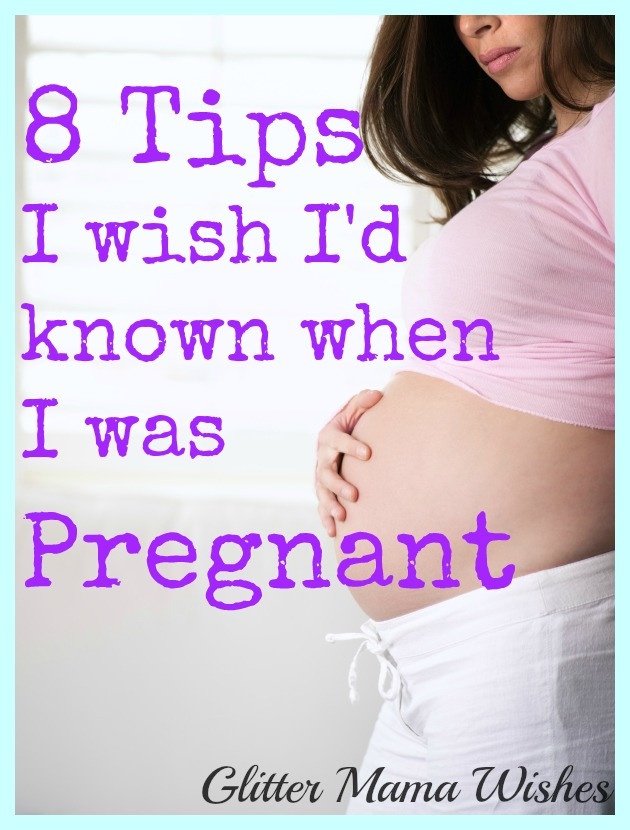
It's possible that the nausea, cravings, and food aversions can last for the entire pregnancy. Fortunately, the symptoms lessen for many women at about the 13th or 14th week of their pregnancy.
In the meantime, be sure to eat a healthy diet so that you and your developing baby get essential nutrients. You can talk to your doctor for advice on that.
Missed Period
The most obvious early symptom of pregnancy -- and the one that prompts most women to get a pregnancy test -- is a missed period. But not all missed or delayed periods are caused by pregnancy.
Also, women can experience some bleeding during pregnancy. If you are pregnant, ask your doctor what you should be aware of with bleeding. For example, when is bleeding normal and when is it a sign of an emergency?
There are reasons, besides pregnancy, for missing a period. it might be that you gained or lost too much weight. Hormonal problems, fatigue, or stress are other possibilities. Some women miss their period when they stop taking birth control pills. But if a period is late and pregnancy is a possibility, you may want to get a pregnancy test.
But if a period is late and pregnancy is a possibility, you may want to get a pregnancy test.
Other Early Symptoms of Pregnancy
Pregnancy brings changes in your hormonal balance. And that can cause other symptoms that include:
- Frequent urination. For many women, this starts around the sixth or eighth week after conception. Although this could be caused by a urinary tract infection, diabetes, or using diuretics, if you're pregnant, it's most likely due to hormonal levels.
- Constipation. During pregnancy, higher levels of the hormone progesterone can make you constipated. Progesterone causes food to pass more slowly through your intestines. To ease the problem, drink plenty of water, exercise, and eat plenty of high-fiber foods.
- Mood swings. These are common, especially during the first trimester. These are also related to changes in hormones.
- Headaches and back pain. Many pregnant women report frequent mild headaches, and others experience back pain.

- Dizziness and fainting. These may be related to dilating blood vessels, lower blood pressure, and lower blood sugar.
A pregnant woman could have all of these symptoms, or maybe have only one or two. If any of these symptoms become bothersome, talk with your doctor about them so you can make a plan to offset them.
Health & Pregnancy Guide
- Getting Pregnant
- First Trimester
- Second Trimester
- Third Trimester
- Labor and Delivery
- Pregnancy Complications
- All Guide Topics
Are you pregnant? Early signs of pregnancy.
Finally! Your period is delayed. If you want a baby, there is great hope that you will get pregnant this time. A pregnancy test will soon show you more. At the same time, you can observe yourself - perhaps you have already noticed any changes. Your body usually clearly shows you that fertilization has taken place.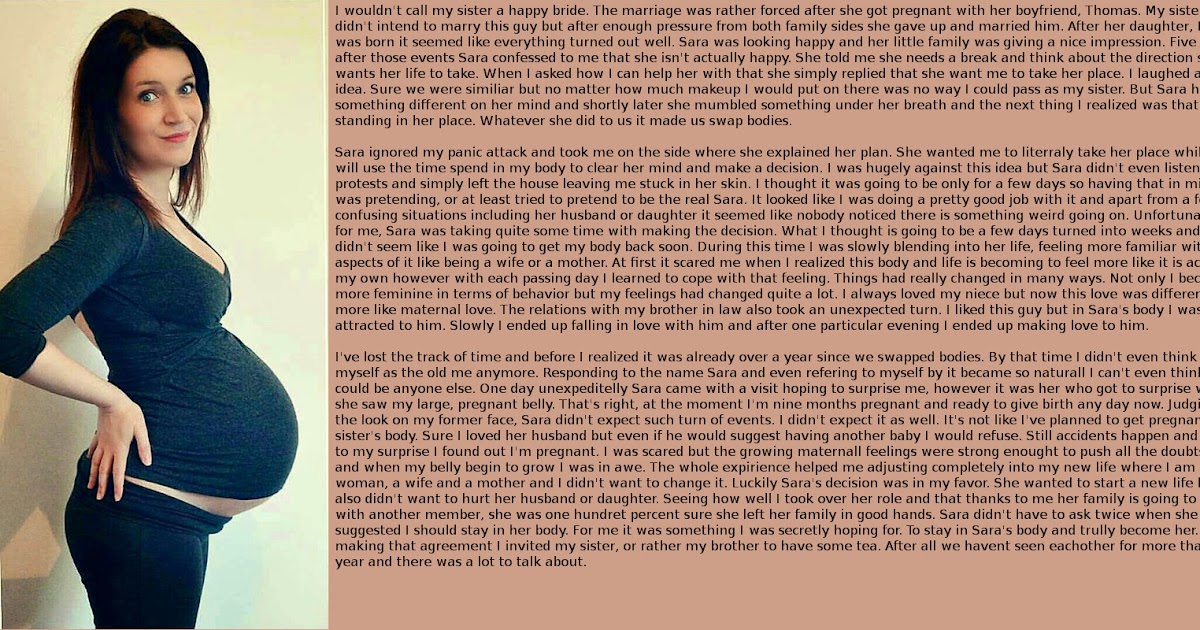 Most of the symptoms are associated with an increase in hormone levels.
Most of the symptoms are associated with an increase in hormone levels.
Of course, not every sign means you are pregnant. nine0003 But the more typical symptoms you notice, the more likely it is. However, in the end, only a doctor can make the final decision: "You're pregnant - congratulations!"
Share this information
Uncertain early signs of pregnancy
The first signs of pregnancy are as varied as they are vague. Often the early signs of pregnancy appear even before the missed period. These Could Be Early Pregnancy Symptoms:
- nausea and vomiting
- “lead” fatigue and fatigue
- frequent urination
- increased craving for food and unusual food addictions
- sensitive breasts and darkened nipples
- a change in the oscillation and taste
- spasms - spasm in the abdomen, slight bleeding and discharge
- Growth of hair and nails
- Skin changes
- Forgetfulness
- Mood swings
- Bloating or constipation
- Bad sleep
Nausea and vomiting
You've seen the most famous first sign of pregnancy a thousand times in the movies: the heroine runs away in a hurry, she suddenly feels sick.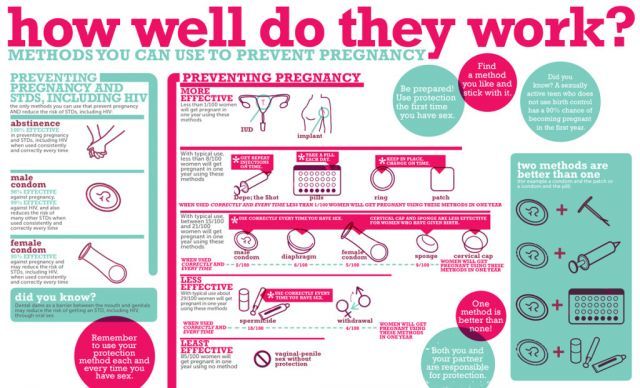 She doesn't know she's having a baby yet, but everyone in the movie theater has already taken the hint.
She doesn't know she's having a baby yet, but everyone in the movie theater has already taken the hint.
In fact, nausea is not so typical. Some women feel very ill, others tend to feel a little sick.
"Lead" tiredness and fatigue
Are you as tired during the day as if you had sat up all night? The sofa is calling you at noon, and your eyes start to close as if by magic? nine0003 A huge need for sleep is one of the most common signs of pregnancy. If you notice unusual tiredness or fatigue, you may be pregnant.
Frequent urination
You constantly have to run to the toilet, even if you do not drink more than usual. This can be another early sign of pregnancy: once the embryo is implanted, the hormone human chorionic gonadotropin (hCG) is released, which makes you go to the toilet more often. nine0005
Food cravings and unusual eating habits
Is your body just screaming for chocolate or would you get up at night to buy greasy chips at the gas station? Or do you have other unusual eating habits ? Bingo! It is possible that you are pregnant. Many women report strange eating habits as early signs of pregnancy : for example, they pour hot salsa straight out of a can or, being vegans, feel an irresistible craving to bite straight from a stick of hearty salami. nine0005
Many women report strange eating habits as early signs of pregnancy : for example, they pour hot salsa straight out of a can or, being vegans, feel an irresistible craving to bite straight from a stick of hearty salami. nine0005
Sensitive breasts and darkened nipples
Your breasts may also show early signs of pregnancy. Pay attention to the following symptoms: the breast begins to thicken and fill up, as before menstruation. To the touch, the mammary glands are more plump and large and very sensitive to touch. Your areola often looks darker than usual. The opposite symptom - discoloration - can also be caused by a hormonal imbalance or a previous pregnancy.
Changes in smell and taste
Every day you find that detergent smells unbearably . Or you complain to your husband that he has been bathing in cologne lately. Are you familiar with this? Hypersensitivity to odors is commonly observed in early pregnancy.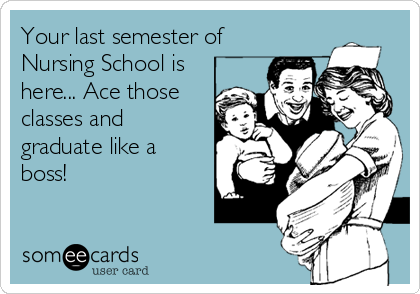 Some women get a strange metallic taste in their mouths . Another early sign of pregnancy can also be a sudden aversion to alcohol or tobacco. nine0005
Some women get a strange metallic taste in their mouths . Another early sign of pregnancy can also be a sudden aversion to alcohol or tobacco. nine0005
Abdominal cramps, slight bleeding and discharge
Pulling in the abdomen, as if menstruation is about to begin. You think disappointedly: "It didn't work out with the child again!". Or you even notice a small spot or highlights. But day after day passes, and there are still no periods. Then these symptoms may be early signs of pregnancy. These symptoms are usually harmless and are caused by the implantation of a fertilized egg in the uterus. If you want to be on the safe side, try not to strain yourself and avoid exercise. If you notice anything unusual, see your doctor. nine0005
Elevated basal body temperature
You can find out if you are pregnant by regularly measuring your basal body temperature: if in the morning after waking up for eighteen days your temperature is higher than usual , then most likely you are pregnant.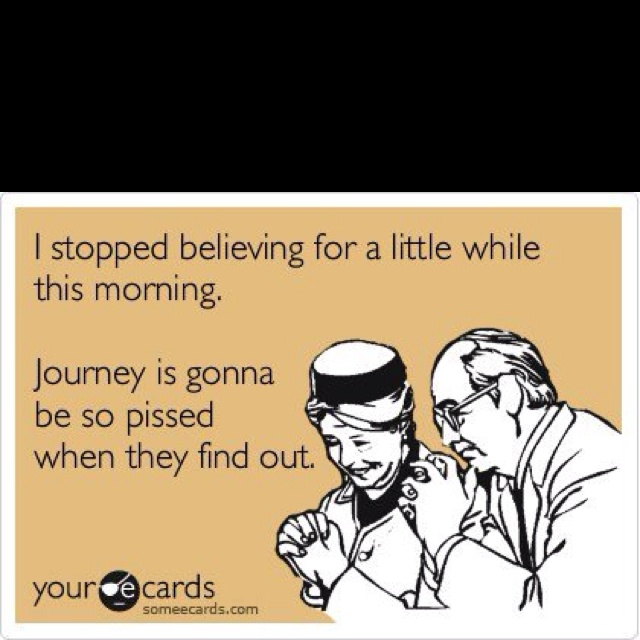
When do the early signs of pregnancy appear?
It is impossible to say exactly in which week of pregnancy certain symptoms of pregnancy appear. When the first signs of pregnancy appear and whether they appear at all depends on the individual woman. However, the early symptoms of pregnancy can be roughly attributed to the following weeks. nine0005
4th week: implantation pain and slight bleeding, breast tenderness.
5th and 6th week: mood swings, fatigue, hunger, nausea and vomiting
7th and 8th week: nausea, circulation problems, dizziness, low blood pressure, insomnia , frequent urination,
9th and 10th weeks: breast changes, nausea, shortness of breath
11th and 12th weeks: bloating, constipation
The three surest signs of pregnancy
There are many early symptoms of pregnancy, but the surest signs of how to understand that you are still pregnant:
1. Cessation of menstruation.
Cessation of menstruation.
This is the surest sign of pregnancy. Sometimes stress, hormonal fluctuations or an organic disease are to blame, but it is better to take a pregnancy test.
2. You suffer from nausea.
A few days after conception, you may feel slightly unwell. Some women experience nausea only in the morning (morning sickness), others more frequently during the day. This is caused by the pregnancy hormone, human chorionic gonadotropin (hCG). nine0005
3. Your pregnancy test is positive.
Congratulations! - then rather contact your gynecologist and start looking for an obstetrician-gynecologist for childbirth.
Remember: If anything seems unusual, see a doctor as soon as possible. Even if the pregnancy test is positive, make an appointment with your doctor.
How to determine pregnancy without a test
How to determine pregnancy without a test and what signs indirectly indicate that your beloved baby will be born soon? Of course, only a blood test can give a 100% guarantee, but the presence of certain signs may indicate its possible onset. nine0005
nine0005
Classic signs of pregnancy
The most common early signs and symptoms may include
- Missed period. Problems with the regularity of the menstrual cycle may be associated with hormonal imbalance in the body. But if the delay arose for the first time, and before that the cycle was as accurate as a clock, then it is likely that you are pregnant.
- Early toxicosis with severe nausea and vomiting is the most common sign of an interesting situation, but not every woman has it. nine0162
- Pain in both breasts or enlargement. Nipples can become very sensitive and change color. Sometimes in the early stages, colostrum is released from them with slight pressure.
- Pain in the pelvic region, similar to menstruation. But this sign can also indicate such a serious pathology as an ectopic pregnancy.
- Increased amount of discharge from the genitals.
 This can usually be observed during ovulation. Normal discharge is clear and odorless. When a whitish tint or a curdled structure appears, thrush can also be assumed, which is a common problem for expectant mothers. But in this case, you can not do without treatment. During the period of bearing a child, it is necessary to protect your body as much as possible from any, even such a safe disease. nine0162
This can usually be observed during ovulation. Normal discharge is clear and odorless. When a whitish tint or a curdled structure appears, thrush can also be assumed, which is a common problem for expectant mothers. But in this case, you can not do without treatment. During the period of bearing a child, it is necessary to protect your body as much as possible from any, even such a safe disease. nine0162 - Increased or vice versa reduced libido. Every woman experiences jumps in sexual desire in one direction or the other due to hormonal changes occurring in the body. Therefore, men should treat this with understanding, knowing that they have not become less loved, but these are just signs of pregnancy.
- Frequent urination, despite the fact that you do not drink more often and there are no inflammatory diseases of the genitourinary system. A similar phenomenon is associated with a slight relaxation of the sphincter of the bladder due to hormonal processes.
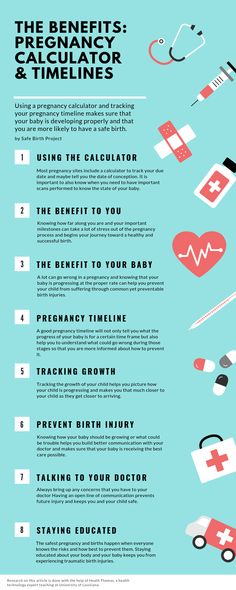 And with the growth of the uterus and, accordingly, with the increase in pressure on the bladder, going to the toilet will become even more frequent. nine0162
And with the growth of the uterus and, accordingly, with the increase in pressure on the bladder, going to the toilet will become even more frequent. nine0162
Additional symptoms of pregnancy
There are less obvious signs that may occur during the first trimester. These include:
- Strange Desires . For example, at night I sharply wanted chocolate, and during the day - salted fish. Such desires may not be mere whims. If you want sour, then perhaps there is not enough vitamin C in the body. You want to gnaw on the wall with calcium deficiency, and sniff gasoline - with a lack of iron, anemia. nine0162
- Constant irritability, tearfulness. The flow of hormones in a woman's body in the early stages can make her unusually emotional. So-called mood swings can be a clear sign of pregnancy.
- Bloating . Hormonal changes can cause feelings of fullness in the abdomen, as at the beginning of the menstrual cycle.

- Bloody discharge pale pink. This symptom is called implantation bleeding. This happens when a fertilized egg attaches to the lining of the uterus, about 10 to 14 days after conception. Usually occurs during the normal periods of the menstrual period. But not all women have such bleeding is a sign of a normal pregnancy. Therefore, in case of detection of deviations from the normal cycle, consult a gynecologist. nine0162
- Chair problems . Hormonal changes cause the digestive system to slow down, which can lead to constipation.
- Food aversions . When you are pregnant, you may become more sensitive to certain smells and your sense of taste may change. Like most other symptoms, these eating habits can be attributed to hormonal changes.
- Nasal congestion . An increase in hormone levels and blood production can lead to swelling of the nasal mucosa. This can cause congestion or runny nose, nosebleeds.
